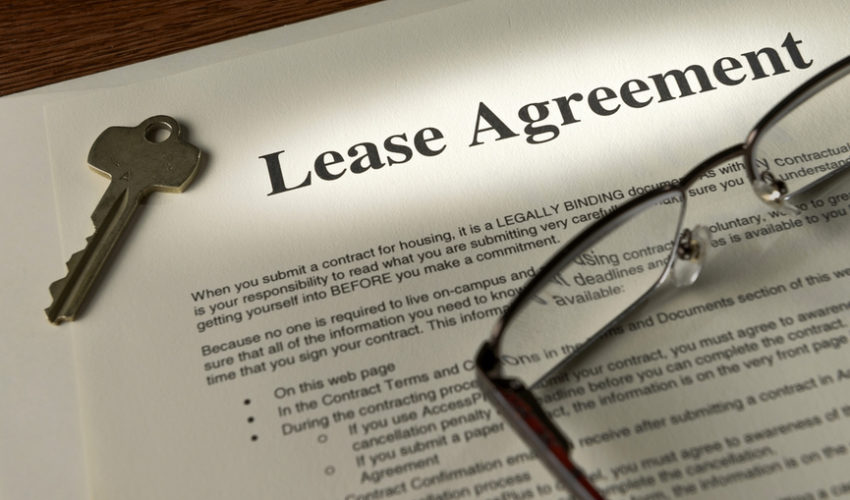Renting a restaurant can be a dream proposition for many. With the multitude of cookery shows on television and celebrity chefs constantly publishing new books, many people see themselves as budding restauranteurs. Starting a restaurant business can be a very exciting venture. However, with the economic climate being so unsettled, you really need to go into this enterprise with your eyes wide open. In this article, commercial restaurant lease agreement, we will look at the process involved.
Free Initial Telephone Discussion
For a free initial discussion on how we can help you with your restaurant lease agreement, get in touch with us today. We will review your situation and discuss the options open to you in a clear and approachable manner. Early expert legal assistance can help you avoid making mistakes, saving you money and also avoiding the stress of dealing with these issues on your own. Simply call us on 0345 901 0445 or complete our online enquiry form and a member of the team will get back to you.
Before you sign anything, check the property carefully
Before signing the lease, it is a good idea to check the property carefully both inside and out. Look for any obvious defects and signs of damage or neglect such as damp, problems with the guttering, rotten windows, leaking taps, flaking plaster or cracks to the walls and ceilings
If you spot any existing damage, take a photographic record of it so that you won’t run the risk of being accused of causing the damage, should you vacate the property.
Generally, any repairs the property may require should be made well before you move in and prior to signing the lease.
If the property requires some upgrades after you move into the property, then make sure this is fully detailed in the lease, along with completion dates.
If you had to close your business due to unfulfilled repairs not being made on time, this could potentially be very costly to you.
What are the key points of the lease?
There are a number of key points to consider in a restaurant lease and these can include:
- How long is the lease term? Try and avoid lengthy leases that don’t contain break clauses.
- How much is the deposit and will it be refundable. Also, will you be liable for decorating the property when you vacate?
- How much and what is the frequency of the rent and does it include anything.
- Are there any other fees to consider such as some form of profit share or maintenance of a car park? Remember, resurfacing a carpark can be costly.
- When is the rent due and how can it be paid (e.g. postal address or in person) and are there any late fees (how much and when are they incurred)
- What insurance are you required to have at the lease signing and for the duration of the lease?
- Will there be anyone else aside from you who has the right to access your property without your consent? And if so, what are the circumstances of this?
- Unless your lease specifically states that you can sublease or share the space with another business, assume you cannot. If you require a sublet it must be clarified in your lease, giving you the right to do this.
- How much will your rent increase if you choose to renew and will you be required to sign another lease for a certain period of time?
- If you plan to do any repairs or upgrades to the property make sure it’s clearly stated in the lease. Some landlords will give you credit for such work made, but this work must be approved beforehand. Some landlords will not let you do any work on the property unless you use the landlord’s contractors of choice.
It is vital that anything you agree with the landlord is formally written into the lease. You don’t want to find yourself arguing over something that was agreed upon but isn’t recorded in writing.
Sit Out License
If you intend to put seating for customers outside, make sure that the landlord will allow this and, if so, on what terms. Bear in mind, that you may need a licence from the Council to put tables and chairs for your restaurant in the street. This is normally referred to as a ‘sit out licence’.
Permitted Trading Hours
Ensure that you are allowed to trade 24/7 (subject to planning restrictions and other applicable laws). This might not be so easy if your restaurant is in a shopping centre where opening hours are strictly controlled. Still, if the issue is discussed openly, a compromise can often be agreed.
How we can help
We have a proven track-record of helping clients negotiate restaurant leases of all sizes. We will guide you through all the necessary legal due diligence in a comprehensive and timely manner and support and advise you with all the negotiations. We firmly believe that with the right solicitors by your side, the entire process will seem more manageable and far less daunting.
How to Contact our Commercial Property Solicitors
It is important for you to be well informed about the issues and obstacles you are facing. However, expert legal support is crucial in terms of saving you money and ensuring you achieve a positive outcome.
To speak to our Commercial Property solicitors today, simply call us on 0345 901 0445, or allow a member of the team to get back to you by filling in our online contact form. We are well known across the country and can assist wherever you are based. We also have offices based in Cheshire and London.
Disclaimer: This article provides general information only and does not constitute legal advice on any individual circumstances.




Leave a Reply
You must be logged in to post a comment.